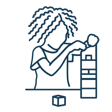Here to support you, every step of the way.
From the moment you decide to start trying for a baby until your little one goes to school, Nestlé FamilyNes will be there with expert-backed nutritional advice, personalised tools, and parental support to help you navigate your parenting journey.
Browse by parenting stage
Search our topics
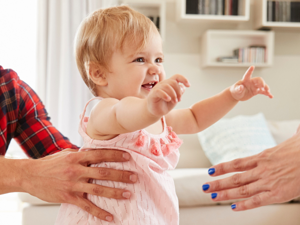
Development
In one blink your newborn has suddenly turned into a toddler. It’s incredible to see your little one grow and learn at such a rapid rate.

Parenting Guide
Being a parent can be both beautiful and challenging. That is why we are here to provide you with easy guides that can help them along this rollercoaster called parenthood.
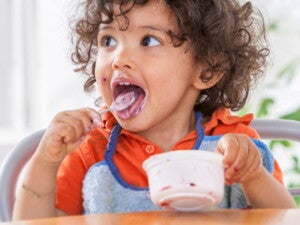
Nutrition
Optimal nutrition during the first 1000 days and beyond is important for you and your little one.

Recipes
Looking for baby food and pregnancy recipes? Discover simple, delicious meals designed to nourish you and your baby every step of the way, from pregnancy to toddlerhood.
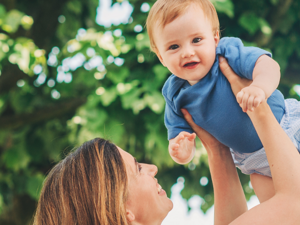
Wellbeing
Our children’s health and happiness is one of our top priorities as a parent.
Most viewed articles
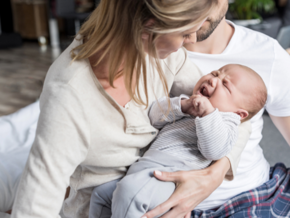
What is Colic in Babies?
Wondering how to help your colicky baby? Learn more about baby colic and get tips on how to soothe colic symptoms in newborns here.
14 mins to read

Pregnancy Symptoms: Early Signs, What to Expect, and Helpful Tips
Pregnancy is exciting, exhilarating and totally different for every woman.
7 mins to read
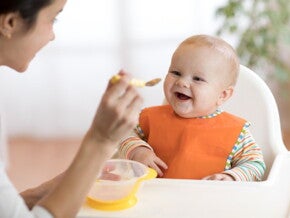
Your Baby's First Foods – Starting Solids From 4 months
Australian recommendations state solid foods should be introduced at around 6 months of age, and not before 4 months.
3 mins to read
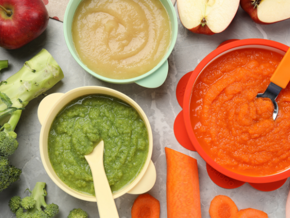
How to Prepare and Store Infant Puree Baby Food
Ready to start solids? First foods are often a smooth consistency, making infant purees the perfect choice. Learn how to prepare and safely store puree for infants.
5 mins to read

What Do I Pack in My Hospital Bag? - Hospital Bag Checklist
Is your due date around the corner and you’re not sure what to pack in your hospital bag? We’ve put together a simple hospital bag checklist with all the essentials.
5 mins to read

A Guide on Foods to Avoid While Pregnant
What you eat (and drink!) during pregnancy can impact your developing baby. It’s important to be aware of foods to avoid while pregnant which can make you and your baby unwell.
7 mins to read

Weekly Menu Planner: Balanced Meal Ideas for Babies and Toddlers
It’s difficult to find well-balanced menu ideas every day for your baby and toddler.
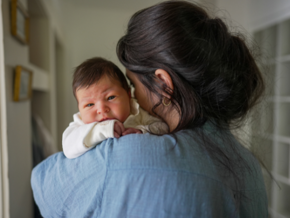
Constipation in Newborns
There is likely to be slight differences in poo between babies depending on their age and what food or milk is being consumed.
8 mins to read
Discover our recipes



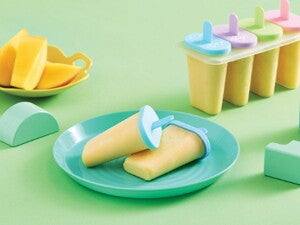
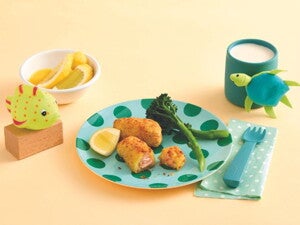
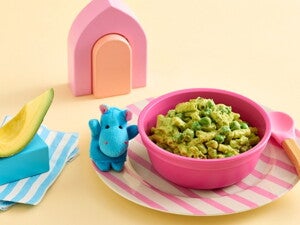


Articles just added

Mindfulness for Kids: Calming Little Minds with Meditation
In today's fast-paced world where distractions are just a click away, the benefits of meditation and mindfulness is well documented, and mindfulness for kids has emerged as an important focus for f
8 mins to read
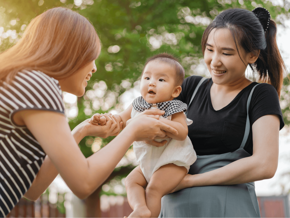
Postpartum Self Care: Staying Connected, Relaxing & Embracing Your Body
Having a baby comes with great changes, some of these might be short-lived and some might last longer. Everyone’s different.
7 mins to read

What are the Benefits of Yoga for Preschoolers?
Are you seeking a healthy activity for your preschooler that helps them explore movement, build strength, and practice mindfulness? Yoga for kids might be your answer.
7 mins to read

Pregnancy Symptoms: Early Signs, What to Expect, and Helpful Tips
Pregnancy is exciting, exhilarating and totally different for every woman.
7 mins to read

Bronchiolitis in Infants
It’s perfectly natural for parents to feel concerned when their baby starts coughing and has trouble feeding especially in the first few months of life.
8 mins to read
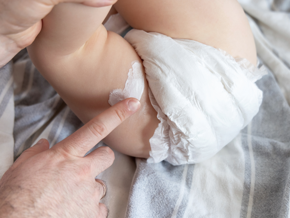
Nappy Rash: What is Diaper Rash
In the early months of life, your baby’s skin is sensitive and still in the process of developing as a natural barrier — and that makes it more vulnerable to irritation.
9 mins to read
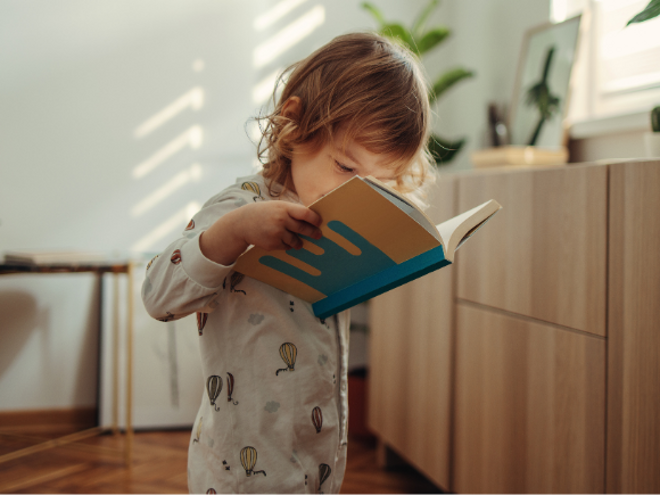
Popular FAQS
When to Take a Pregnancy Test
Pregnancy FAQs
A regular home pregnancy test should be taken from around 11 days after your missed period. If you’re not keen to wait, there are early response pregnancy tests available for around 6 days before your missed period. The directions on pack will advise the best time of day to do the test, however urine is more concentrated upon waking, so taking the test in the morning may increase its accuracy. Keep in mind that home pregnancy tests are useful as a first indication, but you should visit your healthcare professional for confirmation of the result.
When Are You Most Fertile?
Fertility FAQs
You are most fertile when you ovulate. Ovulation is when your body releases an egg from your ovaries, in preparation to be fertilised by sperm. This happens about 2 weeks after the start of your last period, or around day 15 of a 28-day menstrual cycle. Menstrual cycles can vary, so keeping track of yours will help you identify this perfect ‘window’ of opportunity.
Can You Drink Coffee When Breastfeeding?
Breastfeeding FAQs
It is known that caffeine does pass through into your breast milk. As caffeine is a stimulant and may affect your baby, it’s important to limit your intake while breastfeeding. Drinking small amounts, less than 200mg/day should be ok. 200mg is equivalent to approximately 1 espresso; 2 instant coffees; or 4 cups of tea. If you’re re-introducing coffee after your pregnancy you may want to start back slowly and monitor for any signs of unsettledness in your baby.
When Can Babies Start Solids?
Introducing Solids FAQs
Australian guidelines recommend babies can start solid foods at around 6 months of age, and not before 4 months. Aside from age, your baby should show signs of readiness also – reaching for food, putting everything in their mouth, increased appetite after a breastfeed, to name a few.














